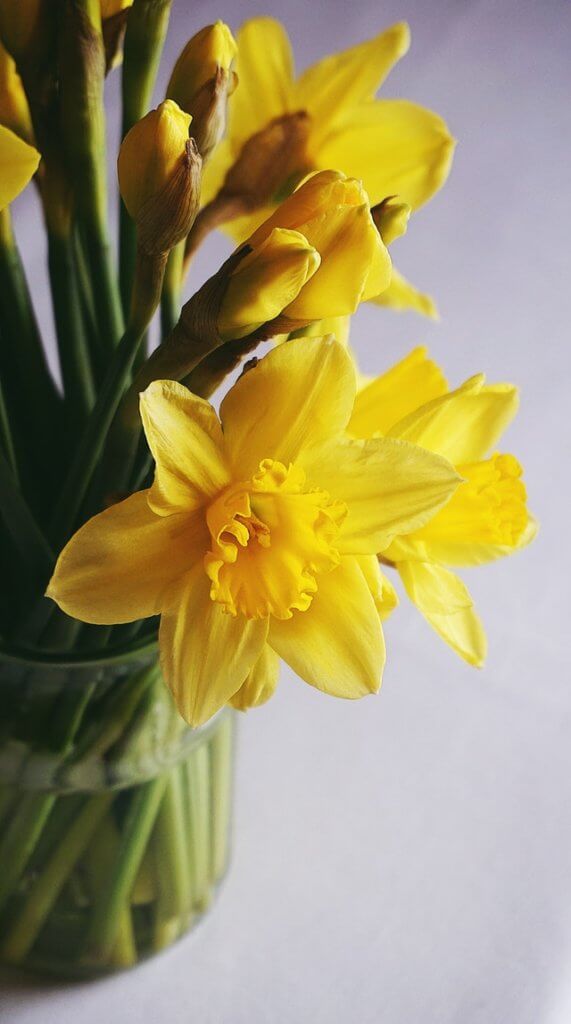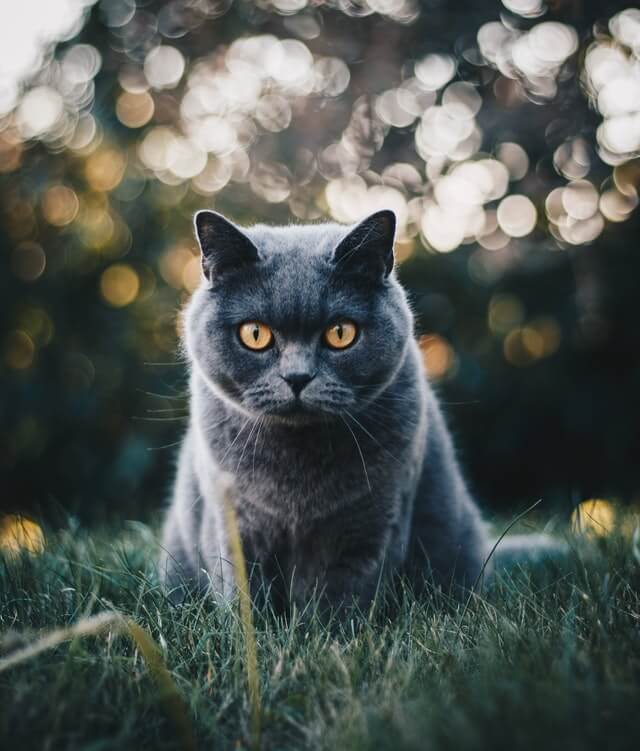1 March 2022
Today is St David’s day and Spring is just around the corner. There is so much to look forward to in spring, flowers blooming, the sound of birds tweeting, nicer weather and much more.
Unfortunately, spring can bring some dangers and it isn’t always easy to keep an eye on your cat. With the majority of cats spending their time split between the indoors and outdoors we are taking a look at some of the dangers you may not be aware of.
Gardeners will already have their gardens ready for their spring flowers to grow and sometimes slug and snail pellets are needed. Unfortunately, the majority of these pellets contain metaldehyde which is extremely dangerous for your cat. If to ingested their nervous system, if you are worried about your cat’s behaviour you should contact your vet as soon as possible. Some of the symptoms to look out for are, drooling, tremors and restlessness.
We love watching the flowers blossom in spring but not all plants are good to have around cats. In fact, there are lots of outdoor plants that are dangerous, some of these include Foxglove, Azalea, Yew and tomato plants. Again, any unusual behaviour or symptoms may require veterinarian advice.
Some cats can struggle with allergies throughout spring. The most common areas affected when your cat has an allergic reaction are the upper lip, eyes, the chin, the upper airways and the gastrointestinal tract. Common symptoms are very similar to the reactions humans have, itchy nose and eyes, reddened area on the skin, sneezing and loss of fur. There are lots of things your cat can develop allergies too such as flea bites, pollen, additives in their food.
We get a lot of questions asking us why cats are eating grass and if it is harmful for them? Cats often eat grass in small amounts and is nothing to worry about unless your cat seems to be eating more than normal or their behaviour changes. Eating grass can help your cat with regular bowel movements. Grooming can sometimes lead to their digestive system being blocked with fur this is when eating certain grasses that create a laxative effect can help to clear their digestive system. Grass can also help to settle your cat’s stomach if they are feeling poorly. As we know many people use fertilizers and other chemicals on their grass and plants which can be a concern for your cat if they ingest it. If you treat your grass, try to keep you cat indoors for at least one day.
Pest treatment is also important this time of year, prevention of pesky pets is much better than trying to get rid of them later.
Have fun and be safe this spring and remember if in doubt, speak to your vet. Don’t forget to check out our other blog posts!
